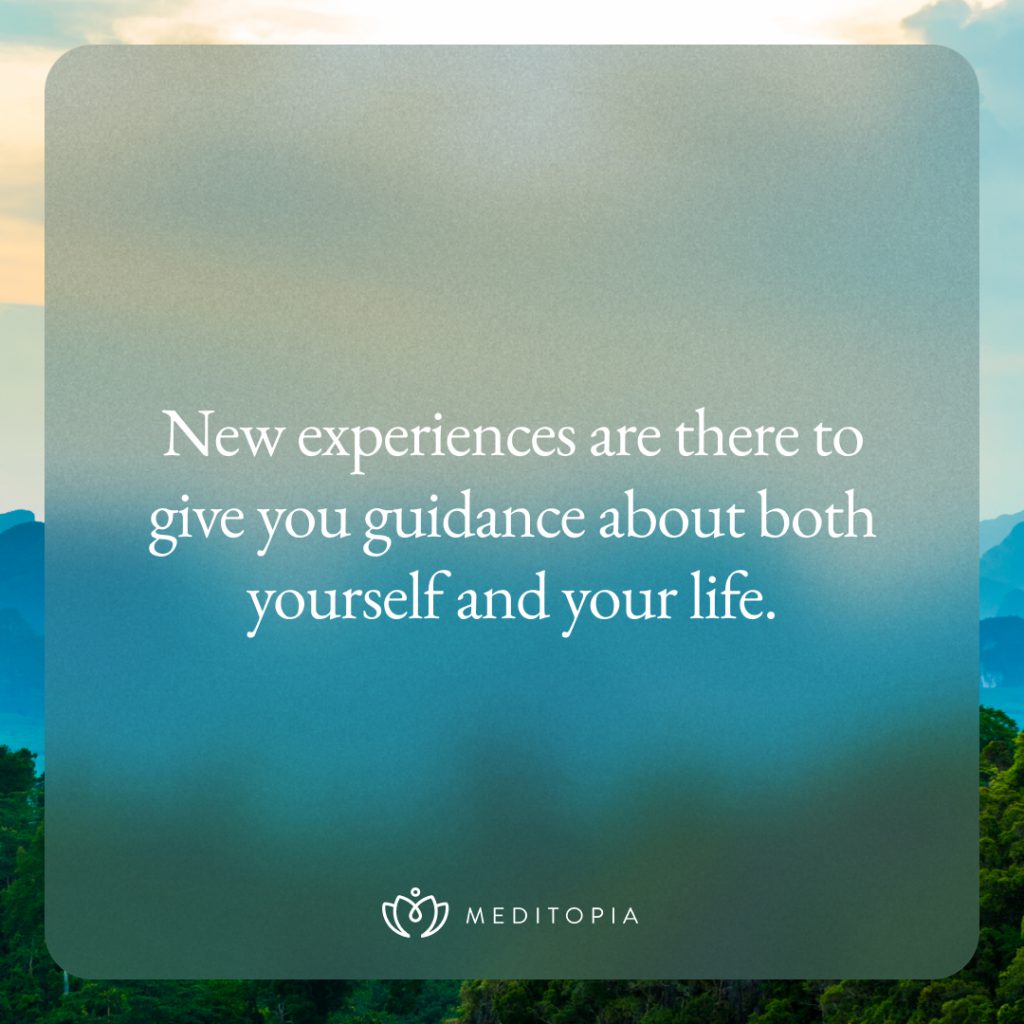Mindfulness In The Workplace: What Are You Missing?

Table of contents
Interested in improving your work culture with mindfulness in the workplace? Many of us have heard of the benefits of mindfulness, how it allows individuals and sometimes whole organizations the space to reflect and be present with themselves and one another.
But Sydney McQuade, a Licensed Professional Counselor of US-based Counterbalance Counseling reminds us that mindfulness is a word that “the world has overused and under-explained,” leaving out a key detail: radical acceptance. Do you practice it at work?
McQuade notes that “Mindfulness is the most helpful when it is practiced completely, and clients add in a hefty dose of radical acceptance to the things they notice during mindfulness practices. Without the acceptance, so many of the benefits of this practice can, unfortunately, fall flat.”

What Is Radical Acceptance?
Radical acceptance, a method often found in Dialectical Behavioral Therapy, is where you accept with your mind, body, and spirit, the reality of the past and present moment without judgment.
Psychologist Marsha Linehan goes on to explain that radical acceptance,
“… doesn’t mean you don’t try to change things, because you only have to radically accept the moment that you’re in and the past. But you can try to change the next moment. You can’t change anything if you don’t accept it because if you don’t accept it you’ll try to change something else that you think is reality.”
So, how does this relate to mindfulness in the workplace? With the outbreak of the pandemic a few years ago, work has become a major stressor for many of us. Therefore, addressing and managing stress from a leadership standpoint is one of the top priorities for those hoping to maintain and foster a healthy work environment.
Corporate Mindfulness
A 2019 study showed that the benefits of mindfulness practices were significantly reduced when they weren’t accompanied by acceptance skills training. This is an important discovery; as companies lean more and more toward integrating mental health and wellness into benefits packages and company culture.
You could be investing in mindfulness without really reaping all of its known advantages if you neglect the significance of accepting reality as it is part of that process. McQuade expands upon this saying, “Avoidance of distressing emotions and our own experiences is a large obstacle that prevents access to and awareness of these [mindfulness] techniques in the workspace.”
It is our natural wiring and survival instinct to avoid things that bring us distress and unfortunately. Work can often be the most stressful thing in someone’s life. Oftentimes this leads to psychological avoidance. If, however, we can radically accept that something is wrong, acknowledging our stressors as they are, we have the opportunity to make changes moving forward.
In order to identify stress within a workspace, communication and authenticity are key. No one is going to open up and voice their vulnerabilities unless they feel safe in doing so, knowing that they’ll be both seen and heard.

5 Steps to Build a More Authentic Community Through Mindfulness In The Workplace
Let’s take a look at five steps McQuade suggests you can take to build a more authentic community within your workplace based on safety, honesty, and radical acceptance.
- Positive reframing over character defamation. Focus less on the person who made a mistake and more on the actions or behaviors themselves. People are complex, after all, and cannot be fixed or summed up in one moment.
- Praise for hard work over aptitude. Acknowledge and celebrate the work that people have put in. Even if that means that they haven’t yet met or exceeded a particular goal. Being seen for our efforts throughout a process can have a powerful motivational effect.
- Deliver difficult feedback with tact and care. We want to be able to hold each other accountable without sacrificing our humanity. When that trust and care are established, it’s much easier to take in that feedback and move forward with purpose.
- Push people to do their best, while offering tons of support. Pushing people relentlessly without offering additional assistance can feel isolating. Encourage everyone to do their best, while also accepting the fact that that can look different for everyone.

Mindfulness is a buzzword, for sure, but if successfully integrated in its entirety. It can have a transformative impact on company culture and productivity. Like anything implemented across diverse systems, the practice of mindfulness is many-pronged and complex. It won’t be one size fits all, which means it has to be held up to the light and reexamined in the context of our own workplaces again and again.
So, if you truly want to make a change, what do you need to radically accept? Are your employees stressed? How have you checked in with them? How have you validated their feelings and experiences?
It’s never too late to start today. Here’s a work meditation about letting go to help you and your team start practicing radical acceptance.

